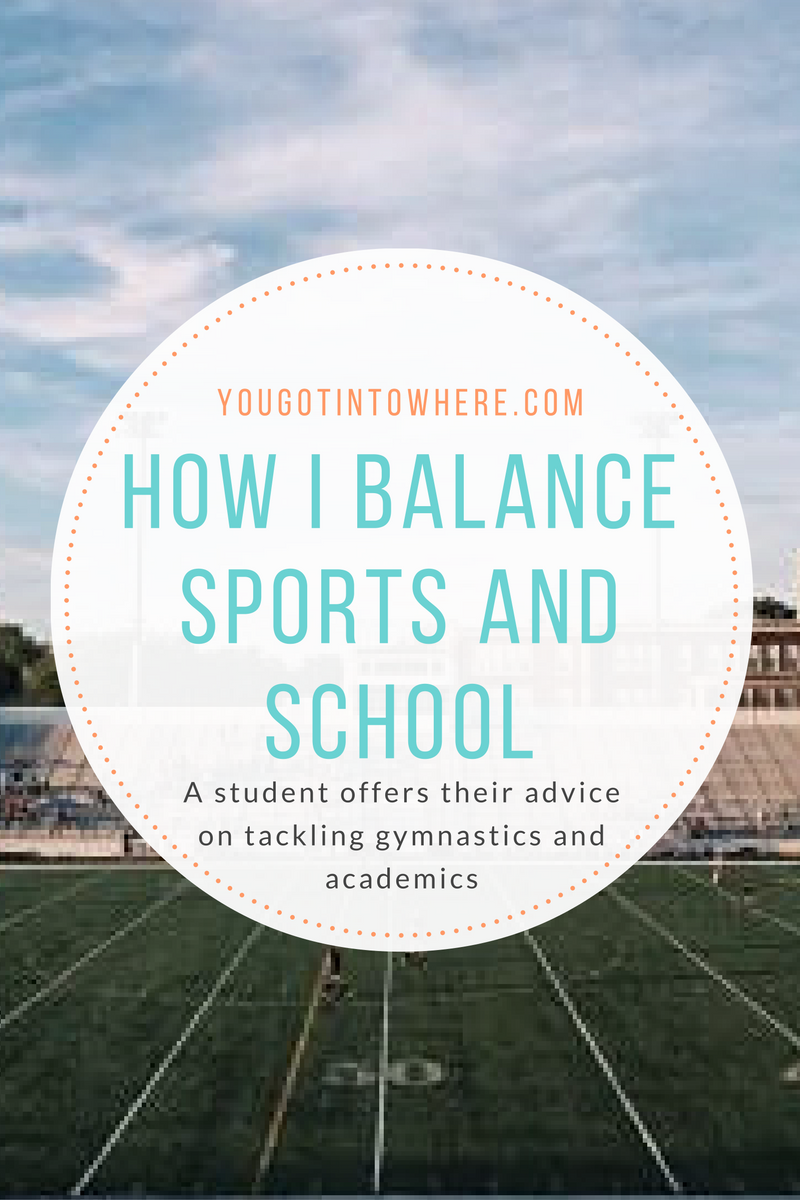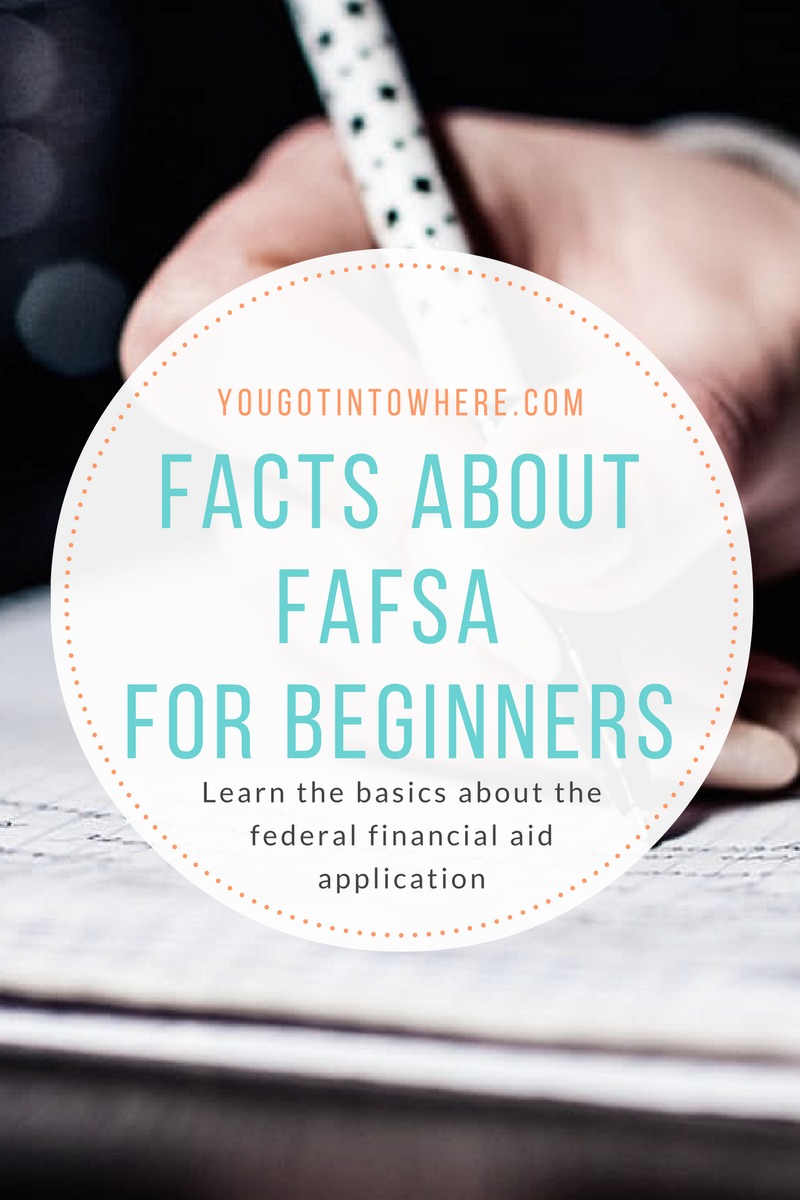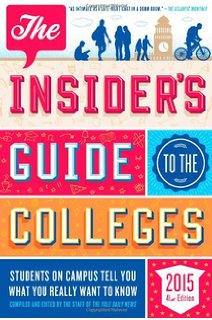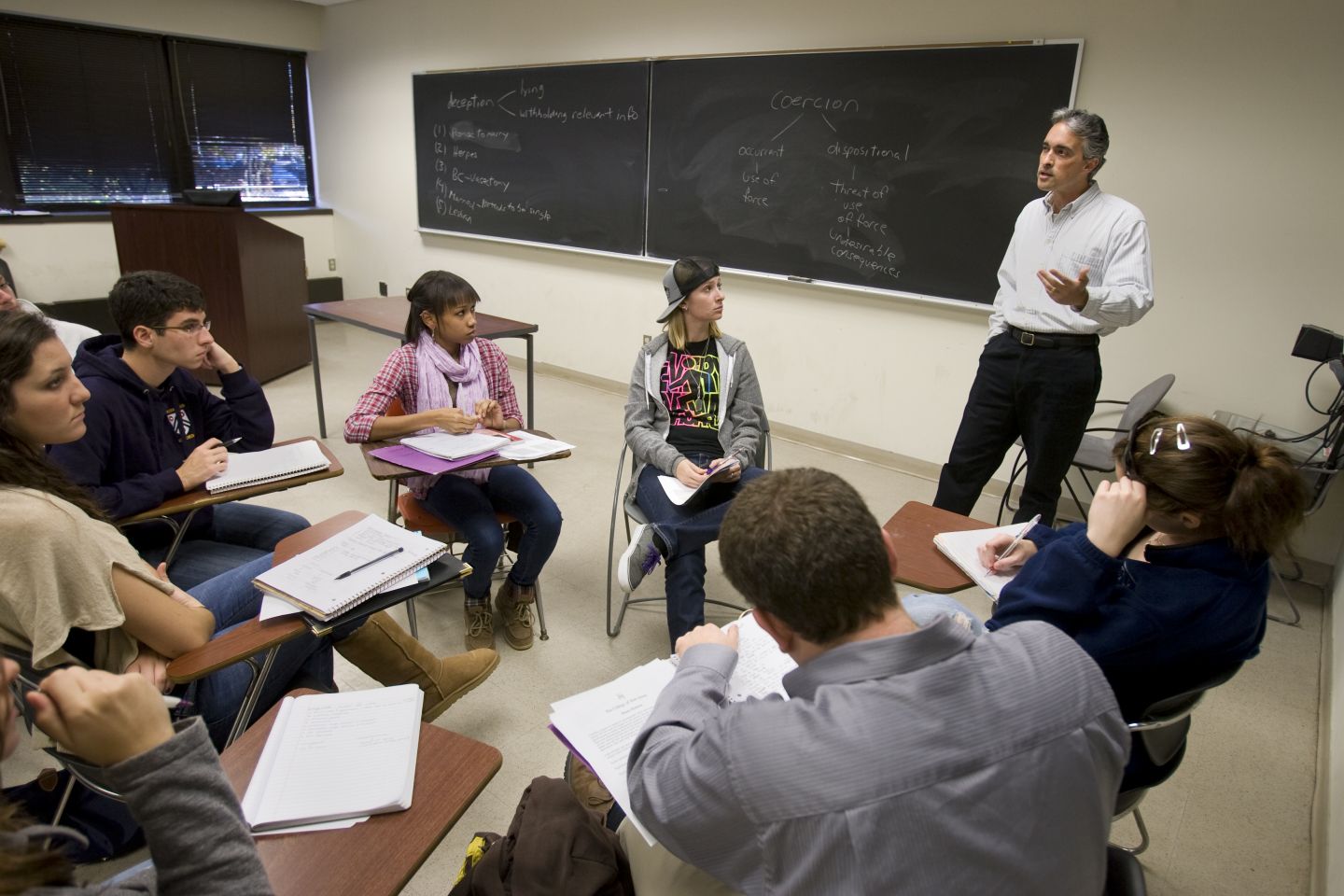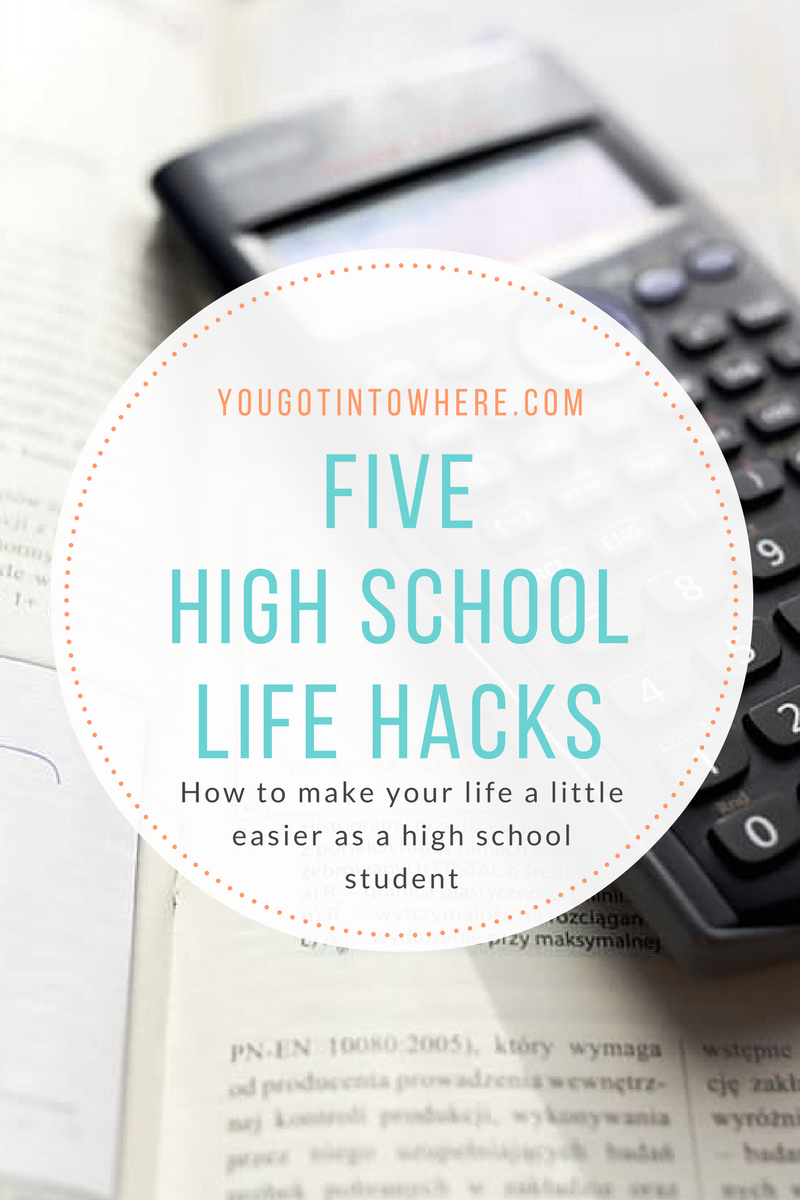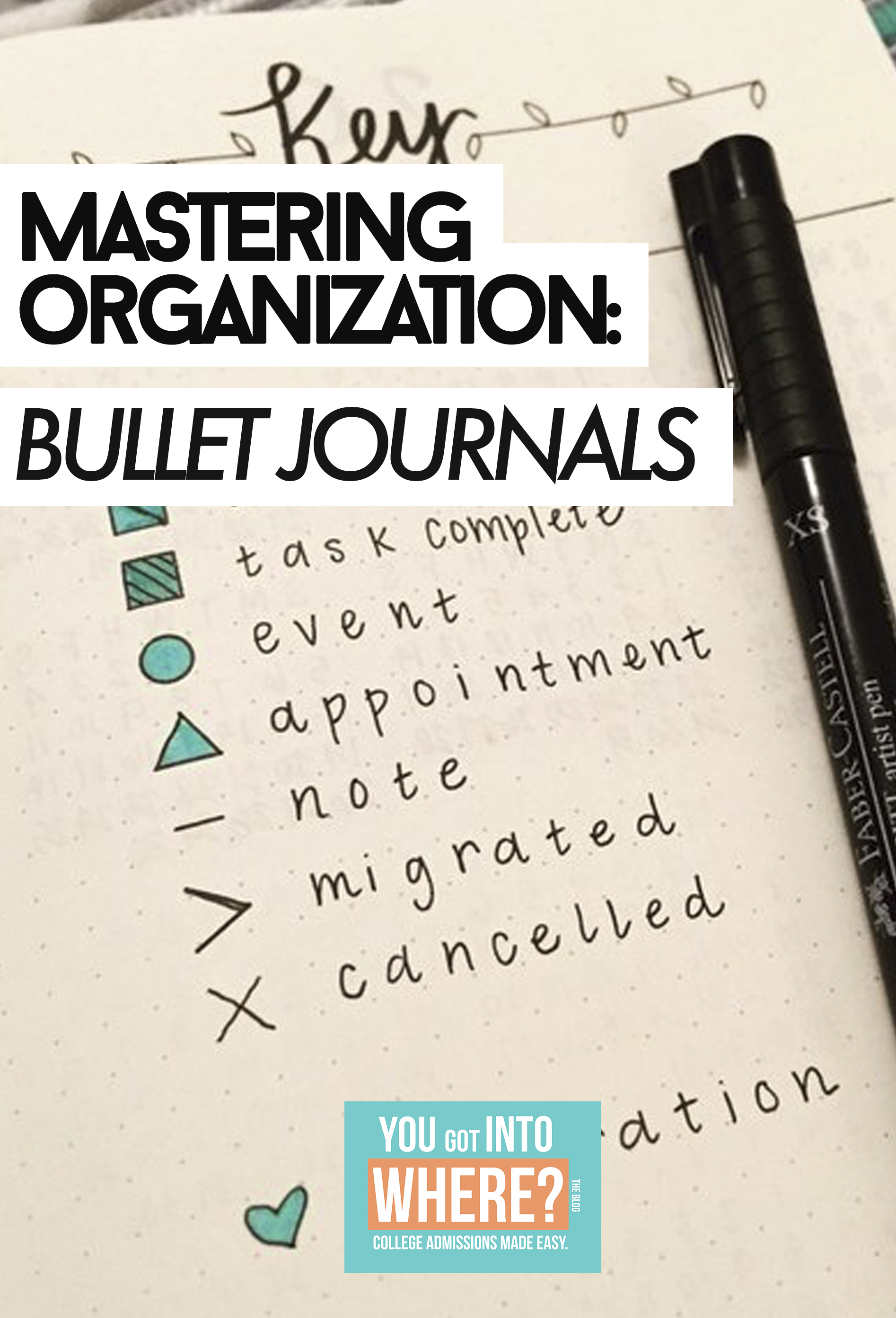How I Balance My Athletics with the Demands of High School
/I still remember the feeling I has after my first gymnastics class. It was a feeling like no other. I felt a hunger to keep doing gymnastics, and that is exactly what I did, even when I entered high school. It was very apparent freshmen year that my high school experience was going to be a bit different than the typical high school experience. My schedule is something I get asked about frequently by friends. When I get ready in the morning, I have to make time out of my morning routine to stretch and loosen my muscles from the night before. Throughout my day, I’ve learned to do any homework that is due soon to knock it out of the way, so I could possibly go to bed earlier (which never happens). On my bus ride home, I usually take that time to take a nap and rest up before I head to the busiest part of my day. As soon as I get home, I do an in-depth stretch and eat for an hour and then head off to practice. Although practice ends at 9:00 p.m., I am not home until 9:30 p.m. and rush into my homework. I finish any assignments that I didn’t finish throughout the day and start studying for tests.

For any athlete, especially someone doing a sport outside of school, balancing school work, grades, and your sport can be difficult. I know my teammates have their ways of balancing it, but my way, involves A LOT of scheduling (emphasis on “a lot”). For, any athlete doing a sport outside of school, I advise the best thing to do is either get a physical planner or either download one on the app store (I use “myHomework” to schedule my days as well as assignments) I usually start my Mondays off by planning out when I can get assignments done—maybe I can do this one during class, or this one during lunch, and maybe this assignment on my day off. Taking three AP classes doesn’t help, either. My second tip to anyone ding a sport outside of school is to make sure your week is planned. Most assignments are given at the beginning of the week so start with writing everything down, and as the week progresses, add any new assignments given. I always have to make sure I am studying and getting the materials. I always use any of my free time during school to study or do quick assignments. I even carry around my AP Biology textbook throughout the school day and pictures of pages from another textbook I may or may not need to either study or do any homework. This has to be my most important tip, for any athlete out there, use your time wisely. We are always so busy during the day at school, so at the end of the day, after a long hard day at practice, the last thing you want to do is homework. Try to get as much done throughout the day because you never know your mood after practice (coming from experience *points to self*) A lot of people tell me that I try way too hard, but I feel like if I didn’t, I wouldn’t be top of my class. I want to be top of my class so I can get into a great college. This sport relaxes me and makes me want to work hard, but at the end of the day, school should ALWAYS come first, no matter what sport you’re in.

On top of school work, I also have to manage my progress in gymnastics. Unlike other sports, when practice ends, I still have to be working on my body. After homework is done at night, I have to work on my abs for 30 minutes and then I stretch again for 15 minutes and roll out my muscles to relax my muscles to prevent any soreness the next day. Right before I go to bed I treat any rips I may have gotten from bars and ice down my muscles if need be. Gymnastics is just one of those sports where you have to keep working on your body and strength to improve your performances. On my days off and on the rare holidays we get (Gymnastics is a year round sport which only closes due to major holidays and extreme weather), I am still at home working on my form and conditioning my body. I do this so that even on my day off, my body doesn’t slack off with me. An important part of doing any sport out of school is making sure you are improving, and the hard part is making time to do so, this is where scheduling comes in handy, but for me it’s more of a routine kind of thing, something that has to get done at a certain time each day.
With all the hard work that goes into doing gymnastics, I honestly wouldn’t change a thing. This is just the price I pay for doing something I love. Everyone should be able to do the things they love and still do well in school and life, don’t sacrifice one for another, have the whole dang pie. Ever since that first day in my beginner’s class, I have been hooked and can’t wait till I go to practice or get the opportunity to show off my skills. Gymnastics has taught me so much. There have been times when a skill seemed impossible to get, and it would take months to get, but eventually I would get it. It’s taught me to never give up and to work hard. Skills don’t come by themselves. You have put in the time and effort and get up every time you’ve fallen. If you’ve ever met a gymnast in your life, then you will truly see the passion to work hard gymnastics has given them. And to all my gymnasts out there, “Pointed feet, Pointed feet, Point them hard and win the meet” (sorry I had to make at least one reference to “Stick It” :).

